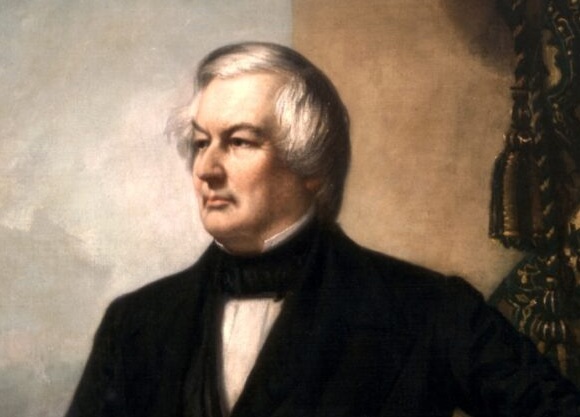Congress has played a significant role in shaping civil rights legislation in the United States, addressing issues of equality, justice, and fundamental rights.
Here’s an overview of its comprehensive legislative impact in this area:
Historical Legislation:
- Civil Rights Act of 1964:
- One of the most pivotal legislative achievements, it prohibited discrimination based on race, color, religion, sex, or national origin and ended segregation in public places and employment practices.
- Voting Rights Act of 1965:
- Aimed at combating racial discrimination in voting, it sought to eliminate barriers preventing African Americans from exercising their right to vote.
- Fair Housing Act of 1968:
- Prohibited discrimination in the sale, rental, and financing of housing based on race, religion, national origin, and later expanded to include sex, disability, and familial status.
Ongoing Impact and Amendments:
- Expansion of Rights:
- Congress has passed additional legislation expanding civil rights protections, including the Americans with Disabilities Act (ADA) in 1990 and the Matthew Shepard and James Byrd Jr. Hate Crimes Prevention Act in 2009.
- Amendments and Updates:
- Amendments to existing laws, such as the Civil Rights Act, have expanded protections and addressed evolving issues related to civil rights and equality.
Role in Addressing Social Issues:
- Immigration and Diversity:
- Congress has addressed issues of immigration, diversity, and citizenship, impacting the rights and opportunities of immigrant communities.
- Gender and LGBTQ+ Rights:
- Legislation has been passed to address gender-based discrimination and LGBTQ+ rights, although ongoing debates and efforts continue in these areas.
Congressional Oversight and Implementation:
- Oversight and Enforcement:
- Congress conducts oversight to ensure compliance and enforcement of civil rights laws, including investigations and hearings to address civil rights violations.
- Funding and Support:
- Congress allocates funds and resources to agencies responsible for enforcing civil rights laws, supporting educational programs, and promoting equal opportunities.
Challenges and Ongoing Efforts:
- Persistent Inequality:
- Despite legislative progress, challenges persist in achieving full equality, combating systemic racism, and addressing socio-economic disparities.
- Advocacy and Legislative Initiatives:
- Various advocacy groups and legislators continue to introduce bills and initiatives to address systemic injustices, police reform, voting rights protection, and equality in education and employment.
Summary:
Congress has played a vital role in enacting landmark civil rights legislation, addressing discrimination, promoting equality, and expanding fundamental rights for marginalized communities.
While significant progress has been made, ongoing efforts in legislation, oversight, and advocacy remain essential to address persistent inequalities and uphold the principles of civil rights and equality for all.



